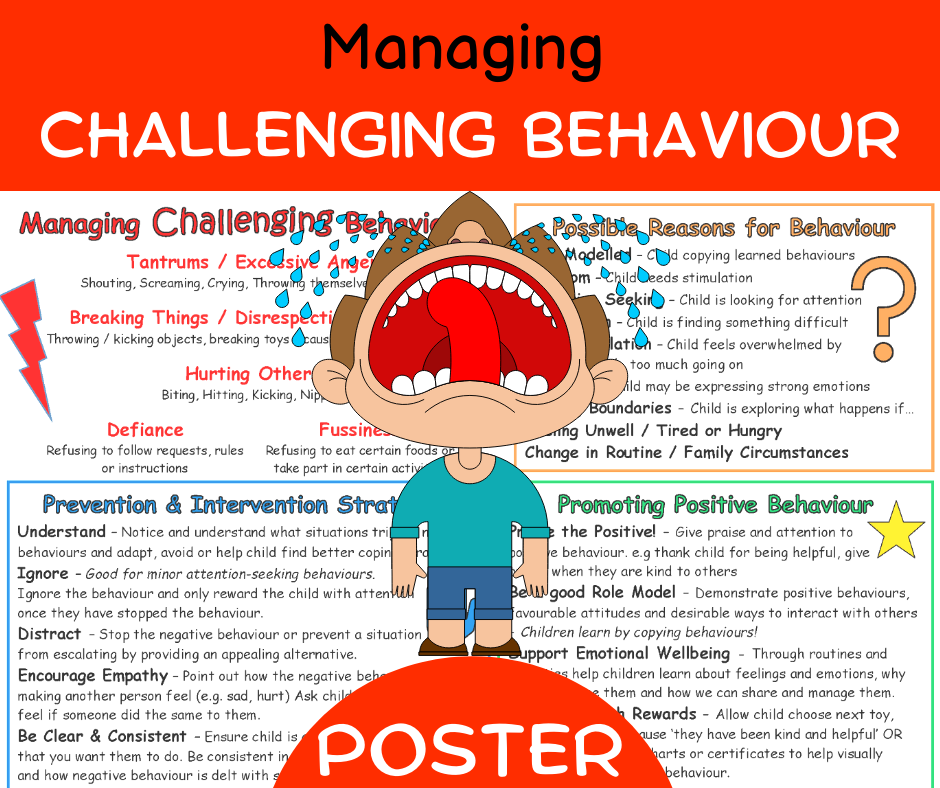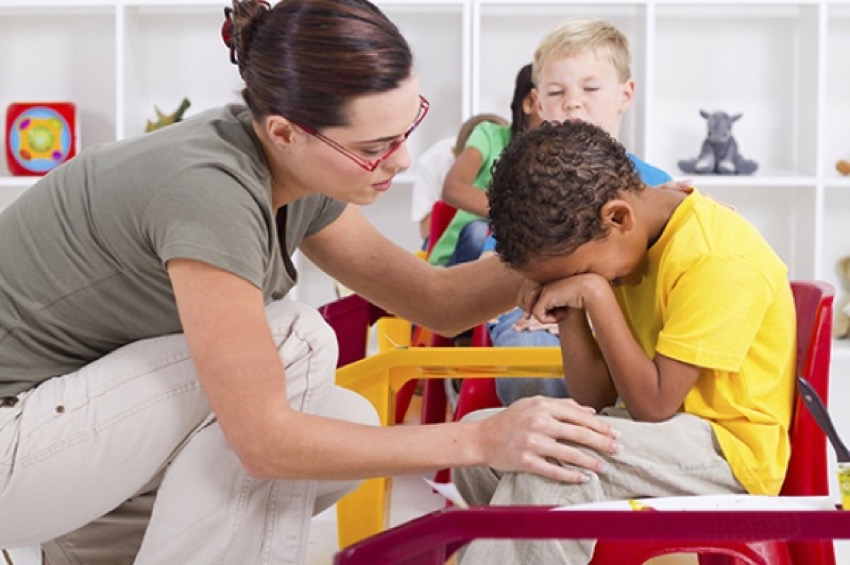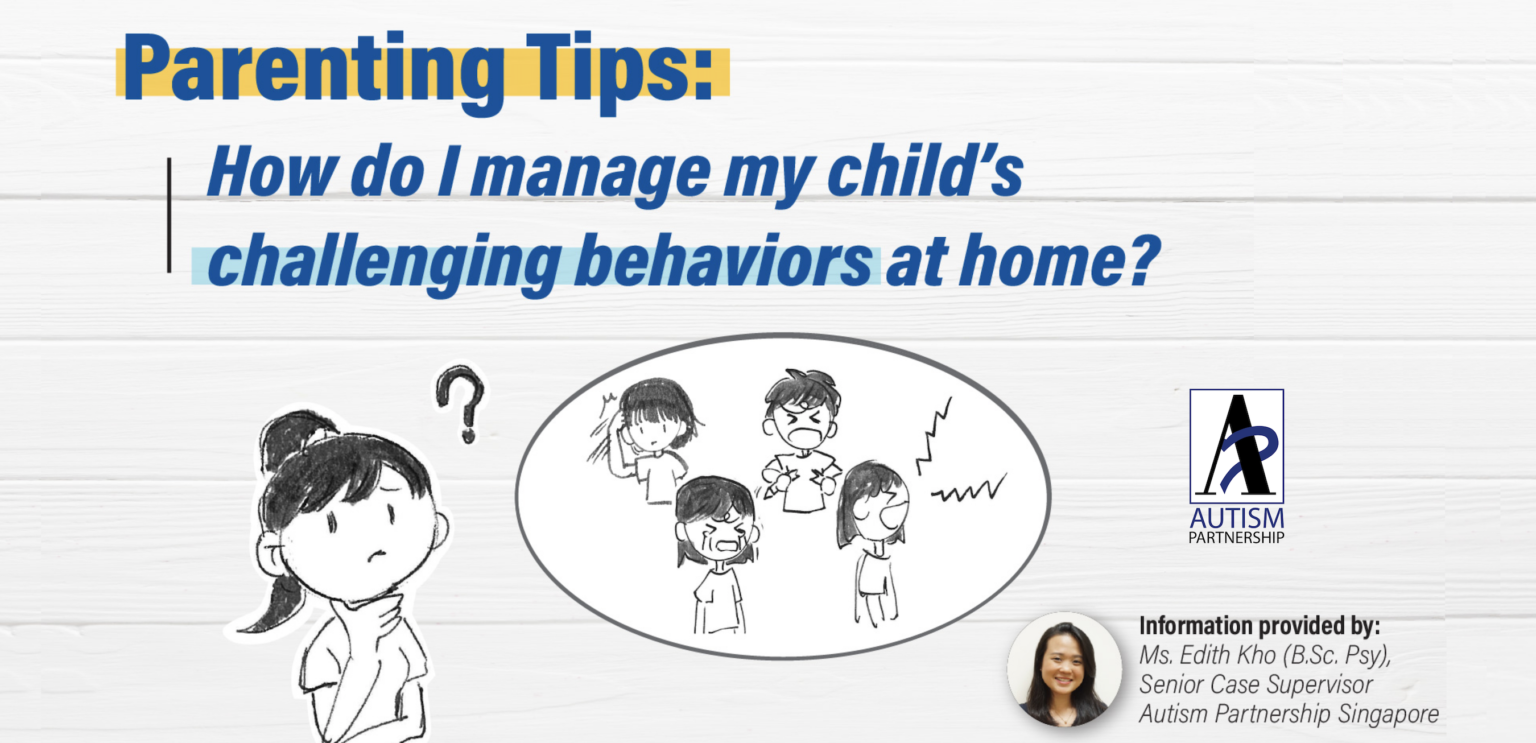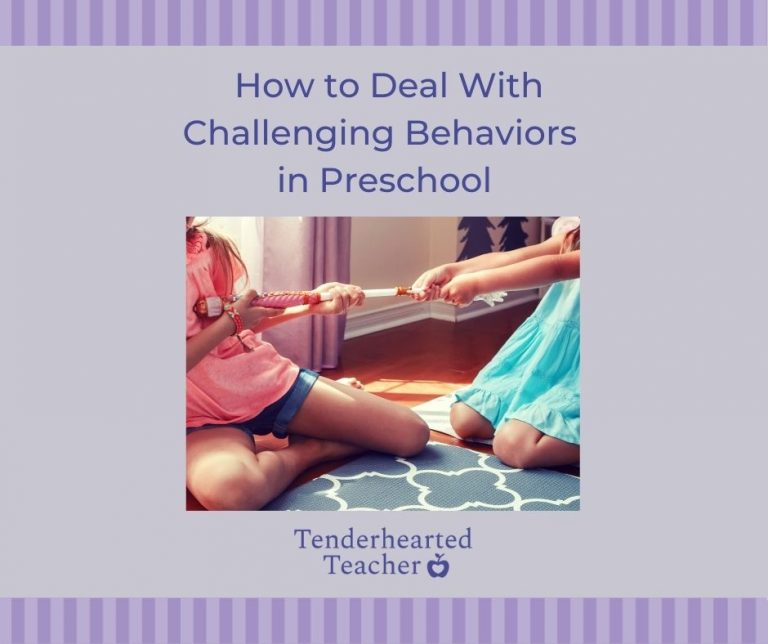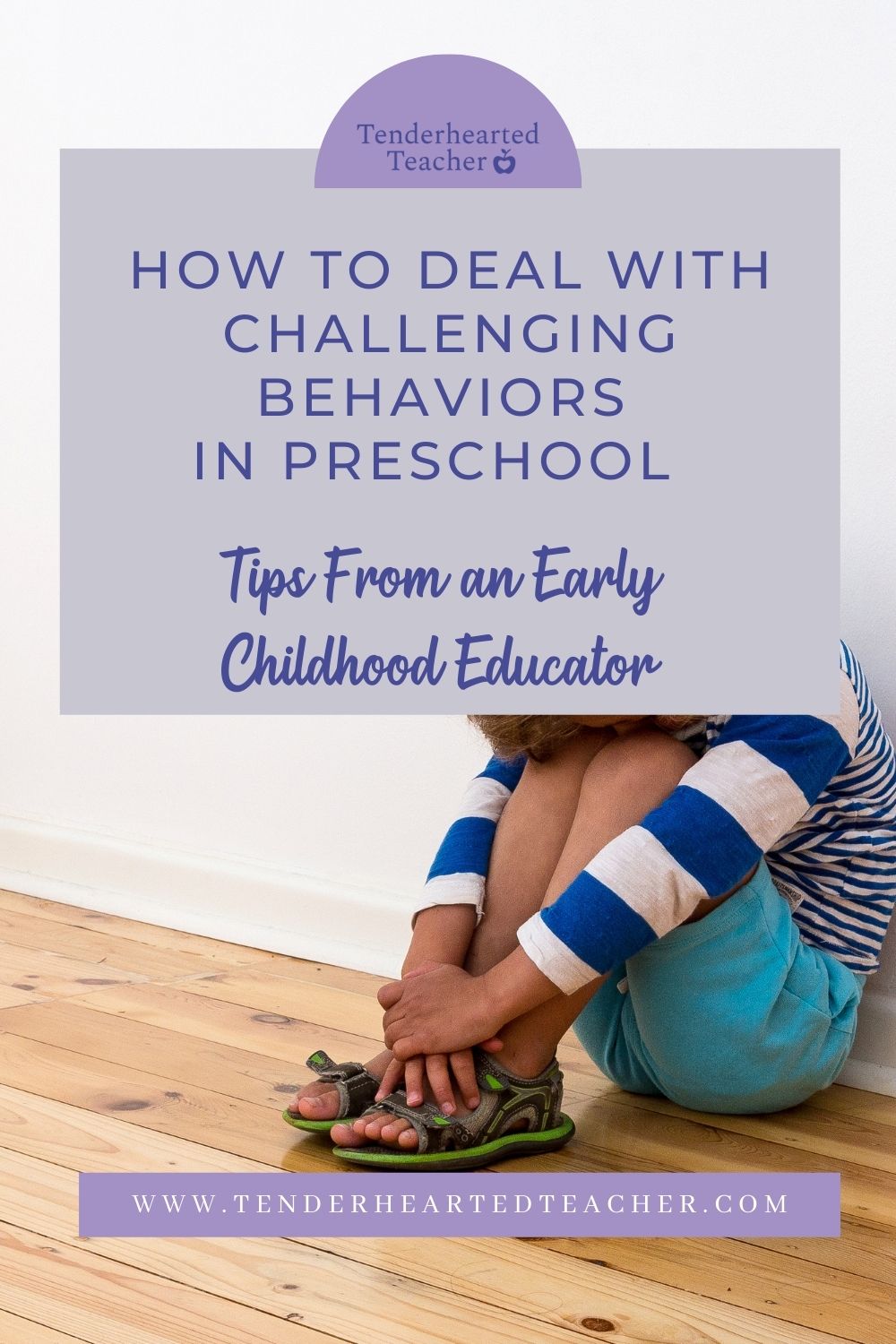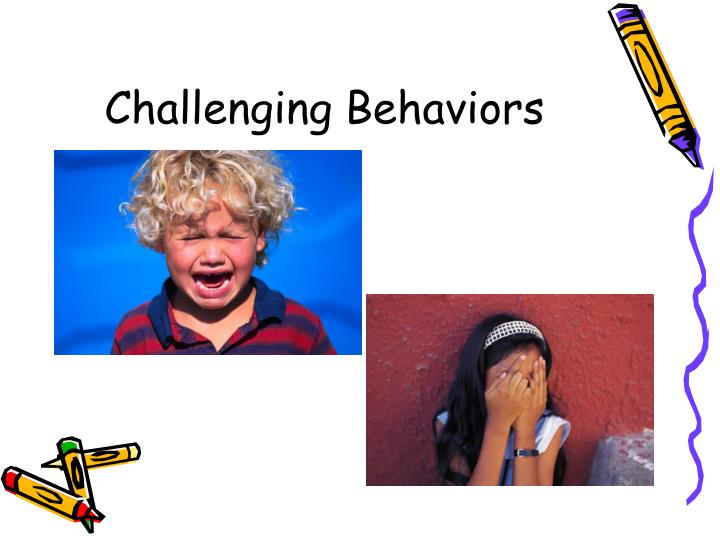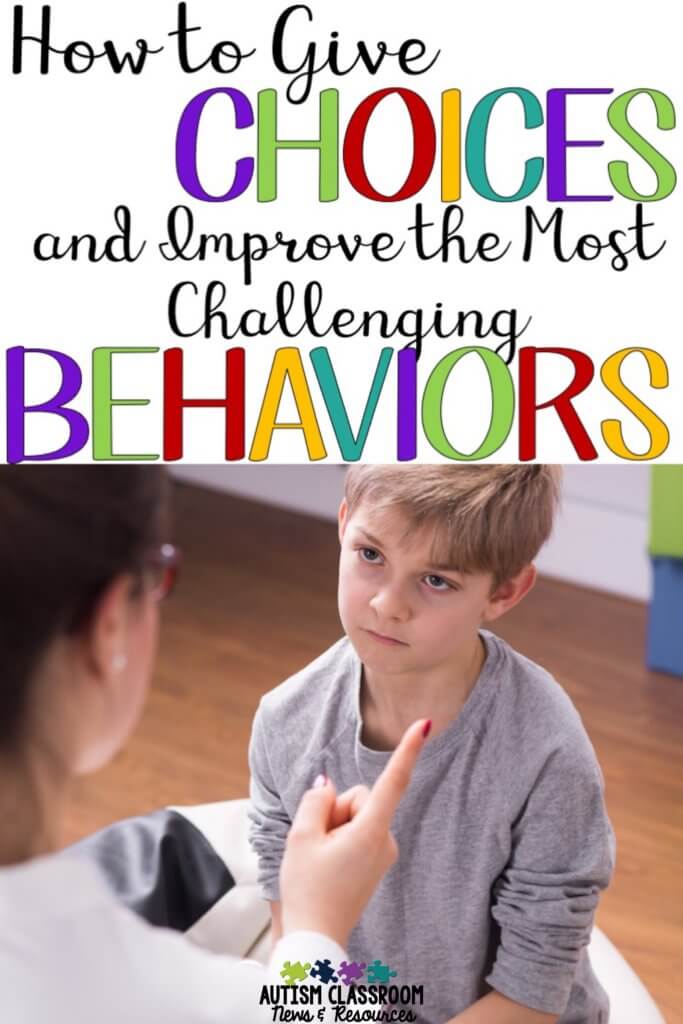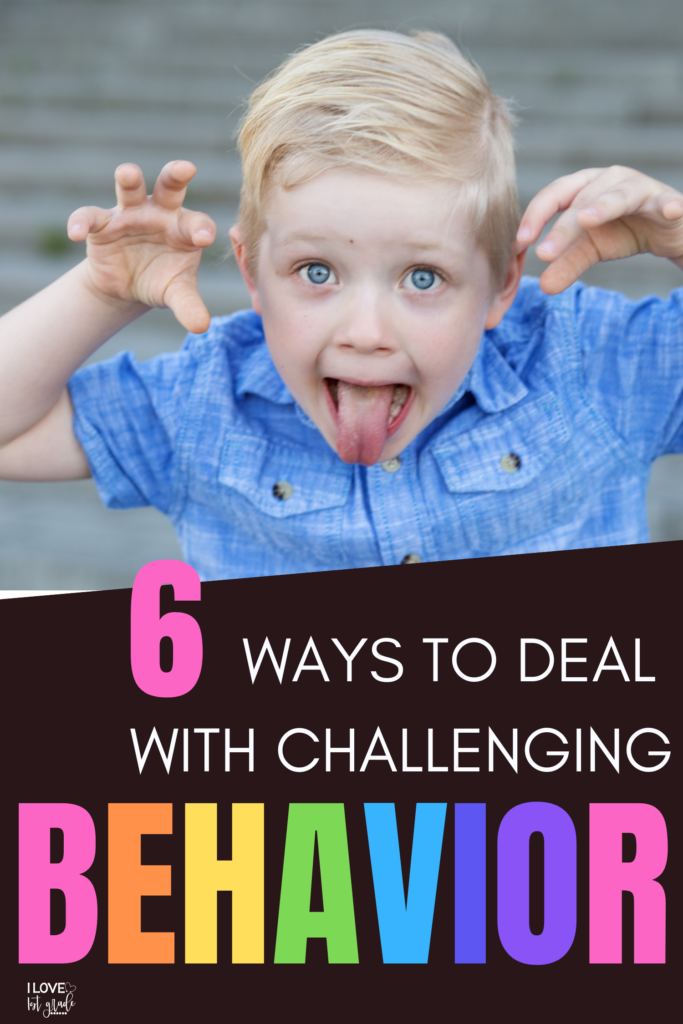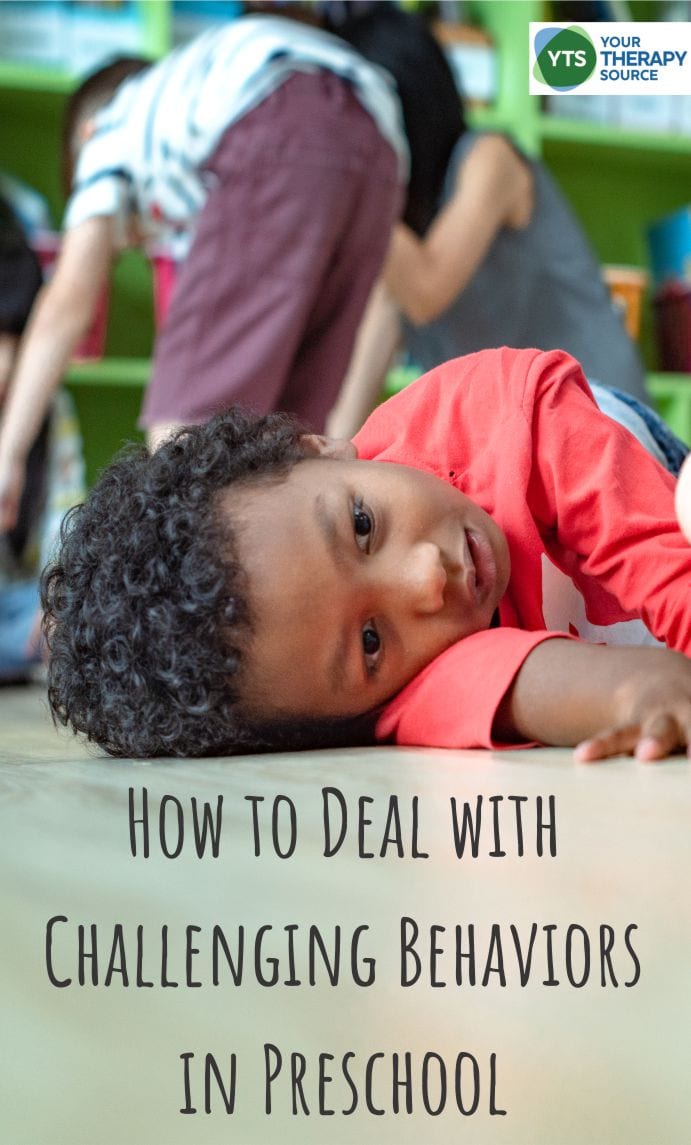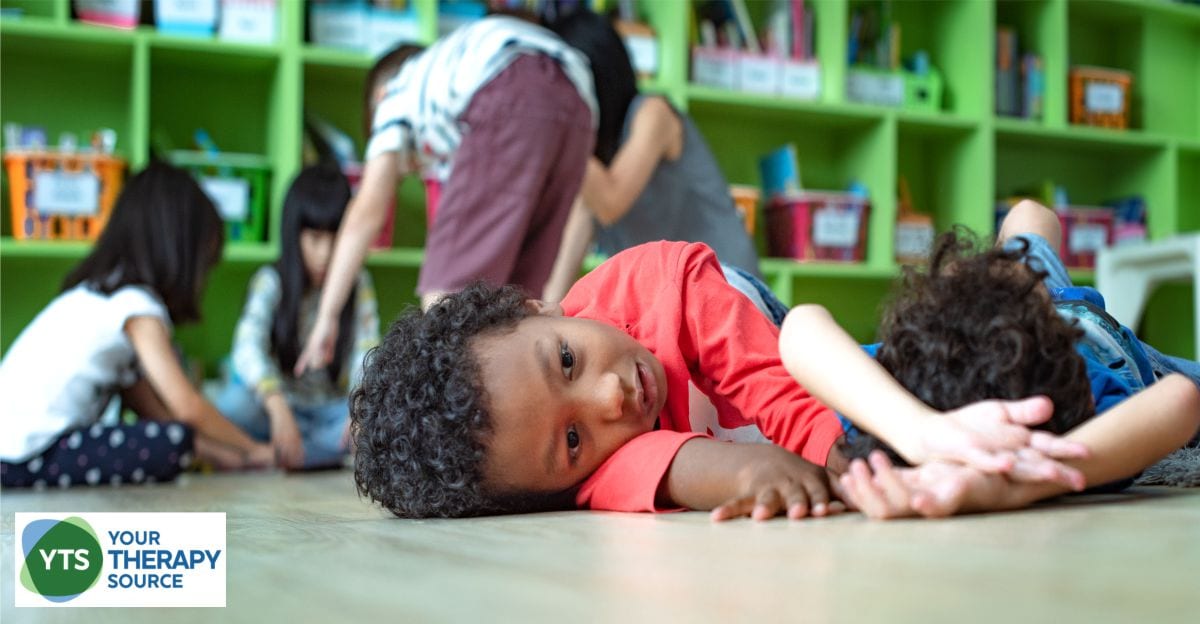Casual Tips About How To Deal With Children Challenging Behaviors

Every challenging behaviour can be thought of as a child’s solution to a problem and a.
How to deal with children with challenging behaviors. These behaviors are usually immature or unhealthy ways the child expresses an underlying need or wound. This is why you may be hearing things like “no” and “me do it” and “no diaper change!” more than ever before. Redirecting behavior can shift a child's focus from a challenging behavior to a more positive one.
Learn how this technique can help educators manage their classroom. Distinguishing the reason for the lie can help you determine the best course of action. With support, both of you can experience a more positive family life.
Don't put young children in adult situations. When you catch your child in a lie, ask, is that what really happened or what you wish would have happened? Read on for our best tips for navigating challenging behavior and creating a positive learning environment for.
Be consistent children need consistency. If you're finding it hard to cope with the behaviour of your child, ask a gp to refer you to a specialist. Thankfully, creating and maintaining regular routines inside the classroom can help with this.
Keep calm and carry on with ways to address challenging behavior. 2 responding to problem behavior 3 why transitions trigger problem behavior 4 skills: These causes are called triggers or “antecedents.” often, antecedents are things that parents themselves do.
For example, you can start each morning. It is up to us to try to understand children’s behaviors and help them learn to express their feelings in appropriate ways. 1 why do some kids struggle with problem behavior?
If you react to your child's behaviour in one way one day and a different way the next, it's confusing for them. For example, you might notice that your child tends to have a tantrum when you ask them to switch activities. Learning to handle challenging behavior in toddlers
Then, think about what causes the target behaviors. The first step is picking specific behaviors to target. It's also important that everyone close to your child deals with their behaviour in the same way.
Supporting young children with challenging behavior. There can be many factors that impact the development of these skills, including trauma, stress, health, and home and school environments. The key is to see it from his point of view.
This also might involve having the child or student sit in a time out, or remain alone until their teacher can deal with the inappropriate behavior. In addition to behavioral therapy and medication, practicing certain healthy lifestyle behaviors may reduce challenging and disruptive behaviors your child might experience. Always have toys and fun things at home, in the car, in your bag and when you travel.

